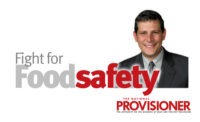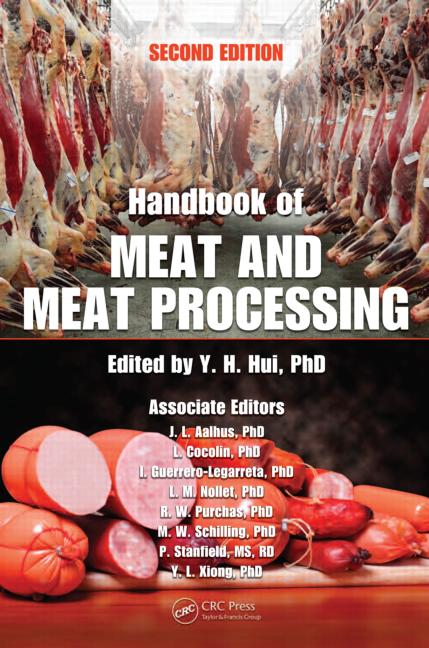Companies can protect themselves against many recall-related losses through the procurement of adequate recall insurance coverage; yet, procuring the right recall insurance, can be a difficult process. The following lessons will help avoid common traps:
1: Purchase actual recall insurance
This may seem obvious, but many companies mistakenly rely on policies that do not cover recalls. For instance, commercial general liability policies almost never cover recalls. Thus, companies must procure a policy of insurance that specifically covers recalls or accidental contamination.
2: Cover all risks
Insurance companies are clever in constructing their policies. Some recall policies, for instance, only cover recalls arising from the shipment of adulterated products into commerce. While that may not seem objectionable at first glance, such coverage may exclude ground beef or turkey recalls for Salmonella, which is not an adulterant. Analyze the full range of potential risks, and then obtain policies that actually cover those risks.
3: Take notice of notice provisions
Carefully review and analyze the policy requirements governing notice. Many policies include nebulous notice requirements that require multiple notifications to multiple entities at different times. A policy may, for instance, condition coverage on notifying a specified consultant within 48 hours, and then notifying another entity, in a specific manner, within 14 days of becoming aware of circumstances which could lead to a recall. If an insured fails to abide by the notice requirements, the insured may challenge coverage.
4: When to break from the broker
Use of a broker can be a very effective means of procuring multiple policies from multiple insurance companies to cover a broad spectrum of risks. Because the broker may be the only person that an insured interacts with on a routine basis, companies announcing recalls may be inclined to reach out to the broker to provide notice of the potential claim. Your broker, however, does not work for your insurance company. Thus, contacting your broker as opposed to the insurance company representatives can lead to a denial of coverage.
5: Be fast but careful
Recall decisions can be difficult to make. In many cases, reasonable individuals may disagree about whether a recall is warranted. Given the consequences of a recall, stakeholders may take very firm positions regarding whether to recall. Moreover, the receipt of additional information may change the calculus as time goes by, which affects the ultimate recall decision.
In turn, following any claim, insurance companies often request voluminous documentation relating to the decision to recall. While insurers are entitled to investigate claims, the unstated goal in many cases is to find a way to deny your claim. To minimize the likelihood of denial, it is incumbent that you notify the insurance company as soon as it becomes apparent that a recall may be needed. NP







Report Abusive Comment